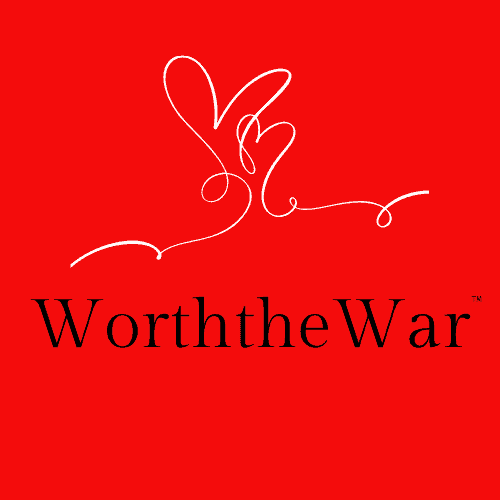If Love is a verb, thankfulness is the muscle we need to make it happen. Holidays have a way of illuminating problems in relationships. We see what we’d rather not. We might notice inequity in our connections. The complications of words unsaid or, worse, ones we regret. Ultimately, there is no way around the difficulties of messy humans living out life together, but there is a reliable way to solve much of the friction. One of my favorite writers, Ann Voskamp, writes much about the beauty of being grateful, but she also reveals the pain caused when we choose to leave it out of our lives. The language of thankfulness is a lifeline for us all.
Gratefulness isn’t hard.
Forgetting to be grateful is what makes life hard
Ann Voskamp

Language of Connection
We are creatures of order—even the less organized among us. (speaking of myself here) We often think of events and people in simplistic categories, dividing what we want to do from what we are required to do. We do the same with people. There are people we want to know, people we put in circles with, and people we seek out and prioritize. Lastly, there are the people we call family, and they are often a mix of all of the above. The way we organize people has more power than we know.
If the language of Love is thankfulness, we must be mindful of the syntax of that language. As the order of our words gives meaning to our writing, the order of our thoughts gives value to our relationships. When we think of people in terms of obligation or, even worse, dreaded expectations, we are doomed to live a life of isolation. Everyone is sure to fail us. Ultimately, we need connections, but we throw roadblocks on every street.
Mindful Thankfulness
What, then, is the answer? I offer it lives in the very heart and mind itself. Indeed, we must learn that the power to change lies within our choices. We will never be happy waiting for someone to meet our list of requirements. In layman’s terms, we call that thinking ‘wasted time.’ We will stay stuck until we stop classifying people by how they have failed us. Fortunately, there is a whole other way to order our thoughts.
The language of thankfulness is rooted in WHO people are. Not who they are to us. Its only value system is the knowledge that all worthiness is intrinsic. We are not its creator or even its distributor. When we consider each person in our circle, we think of them as separate from what they do or don’t do for us. We don’t allow ourselves to dig into the poison of yesterday. We stay focused on the admirable things we see in them and strive to be grateful for the minor things we find.
Even the most challenging humans have glimmers of good; a thread of humor, an exciting hobby if the choices are slim, a smile, or a plate of cookies. Still, the only way to find these things is to fight the old ways of thinking. We can direct our thoughts to those we are thankful for and skip the futile circular thinking about how someone should be. Lastly, should, could, and would are words we can leave out of our language.

Language of Change
You are the obstacle to finding a language of thankfulness that feeds your Love and your life. Are you willing to change the order of your heart and mind to erase the thoughts that leave people wanting? Is it time to give that kind of grace even to those who have hurt or disappointed you in ways you struggle to forgive? When we give grace, we find it for ourselves. Maybe you don’t need it, but man, I do. We don’t find peace by changing other people. We hold the key. The question is, are you willing to turn it in?
I’d love to hear your thoughts on this! Please leave comments below if you have done this or are ready to! Let me know if you would like to delve more into the practical steps to do this! Thank you for taking the time to read this!
Post Script: In light of an age of abuse and suffering, I need to say the abusive among us do not speak the same language we do. We should never reframe our thoughts to accept abuse. There is only one way to navigate vicious humans, and that is through boundaries. There are many articles here that will help you identify abusive relationships. Feel free to reach out if you need more resources!
For an overview of what WorththeWar offers as some of the widespread problems with Love in the current culture, check out What is Modern Love Anyway? I’d love to hear your thoughts!


Priya! I am so sorry! I never saw this! This means so much that you took the time to read and engage! Thanks!
Well-written Kimie….. I totally agree with you that we should choose our words properly. And try to be positive and loving.